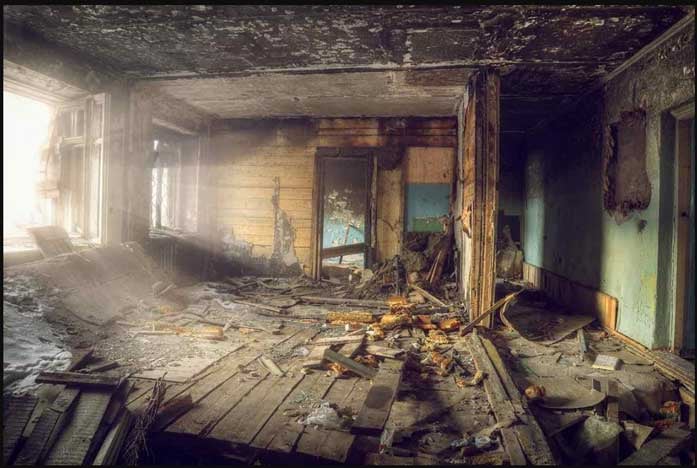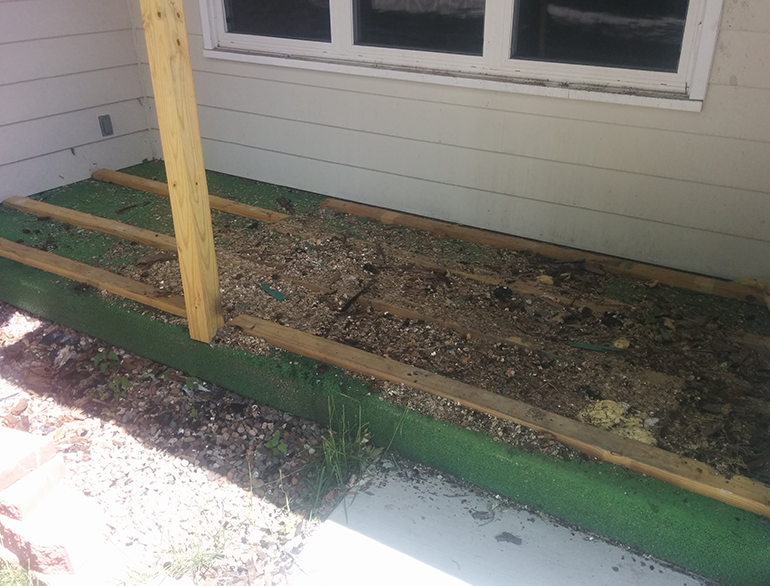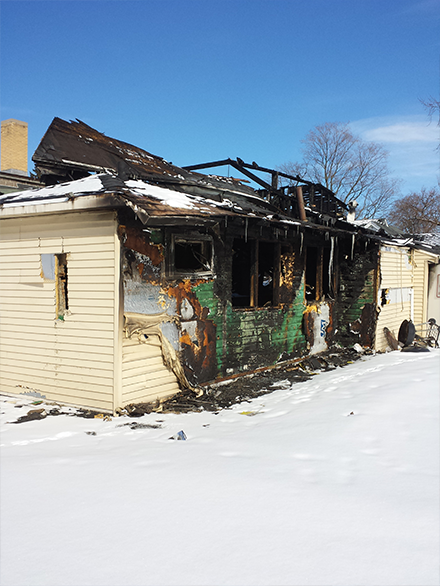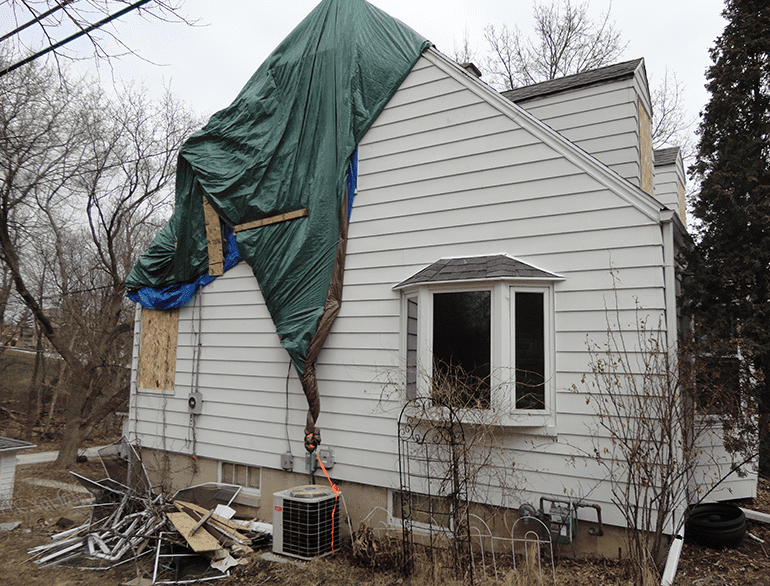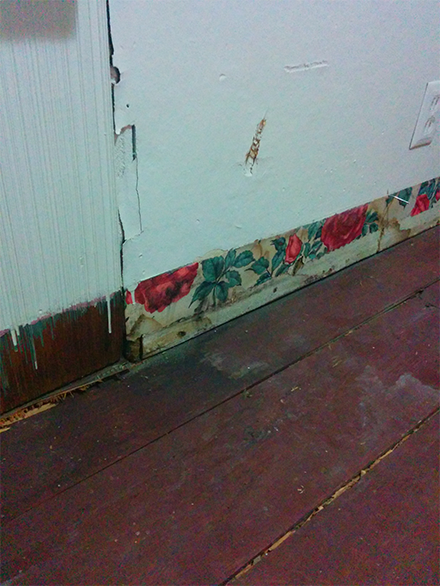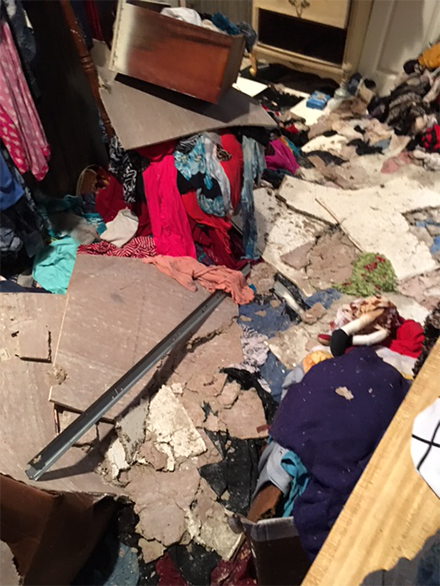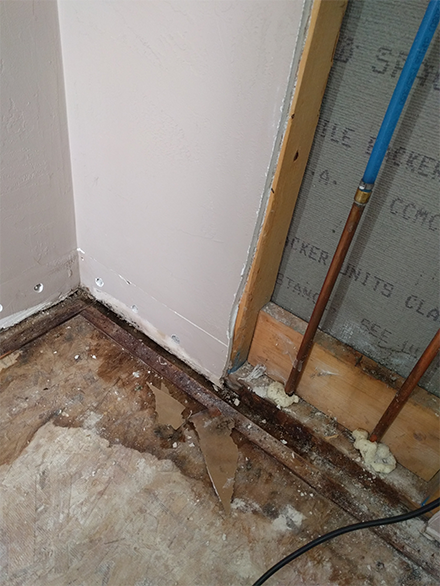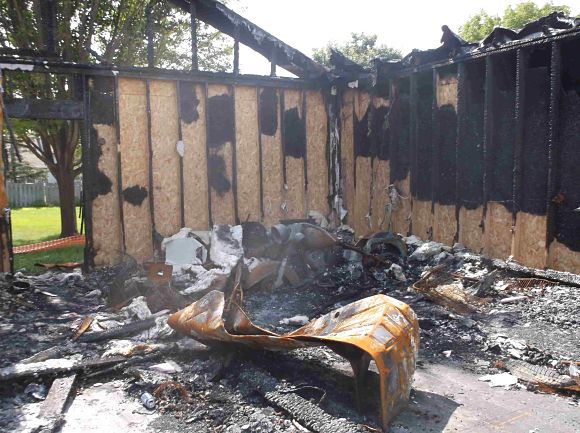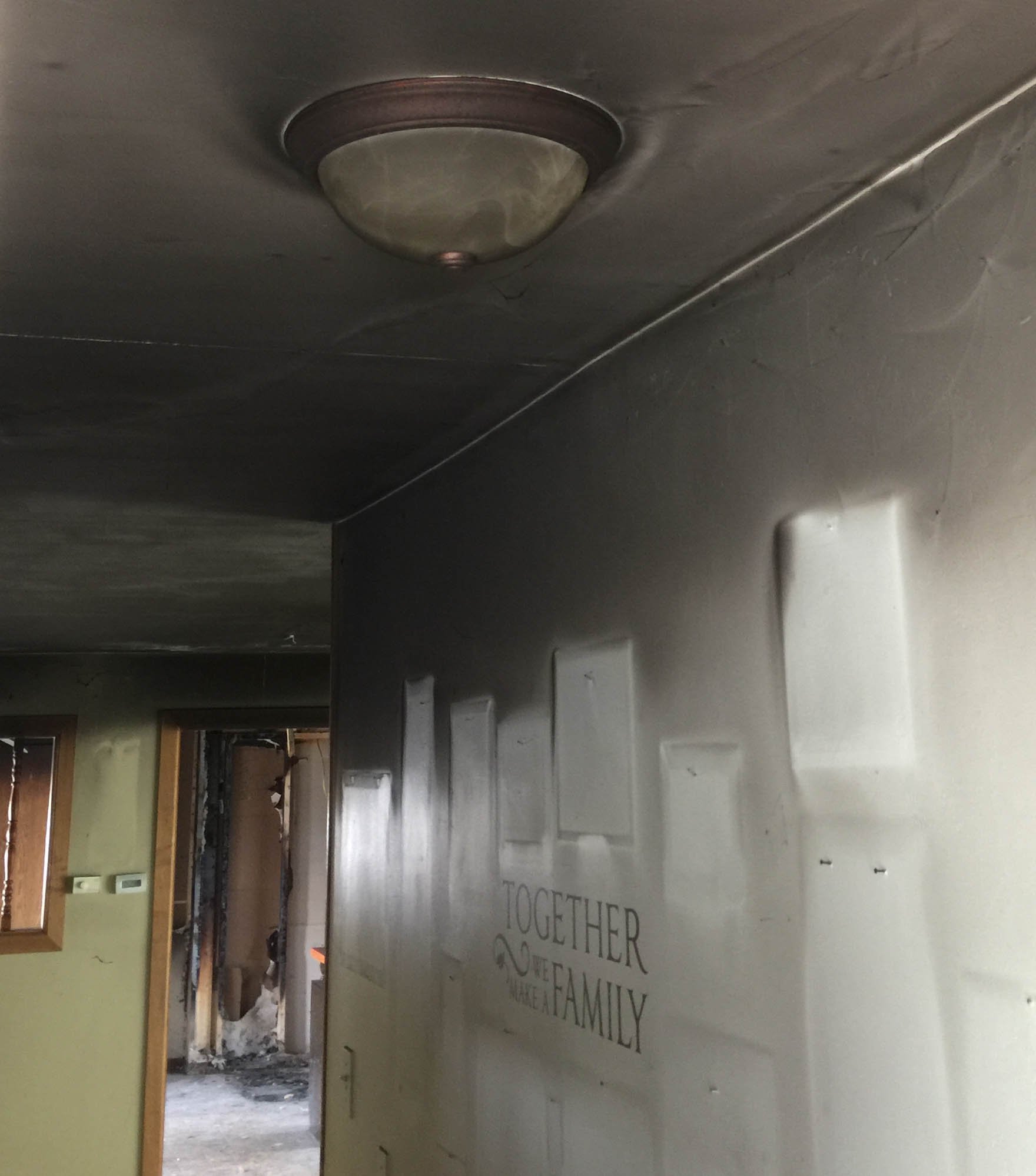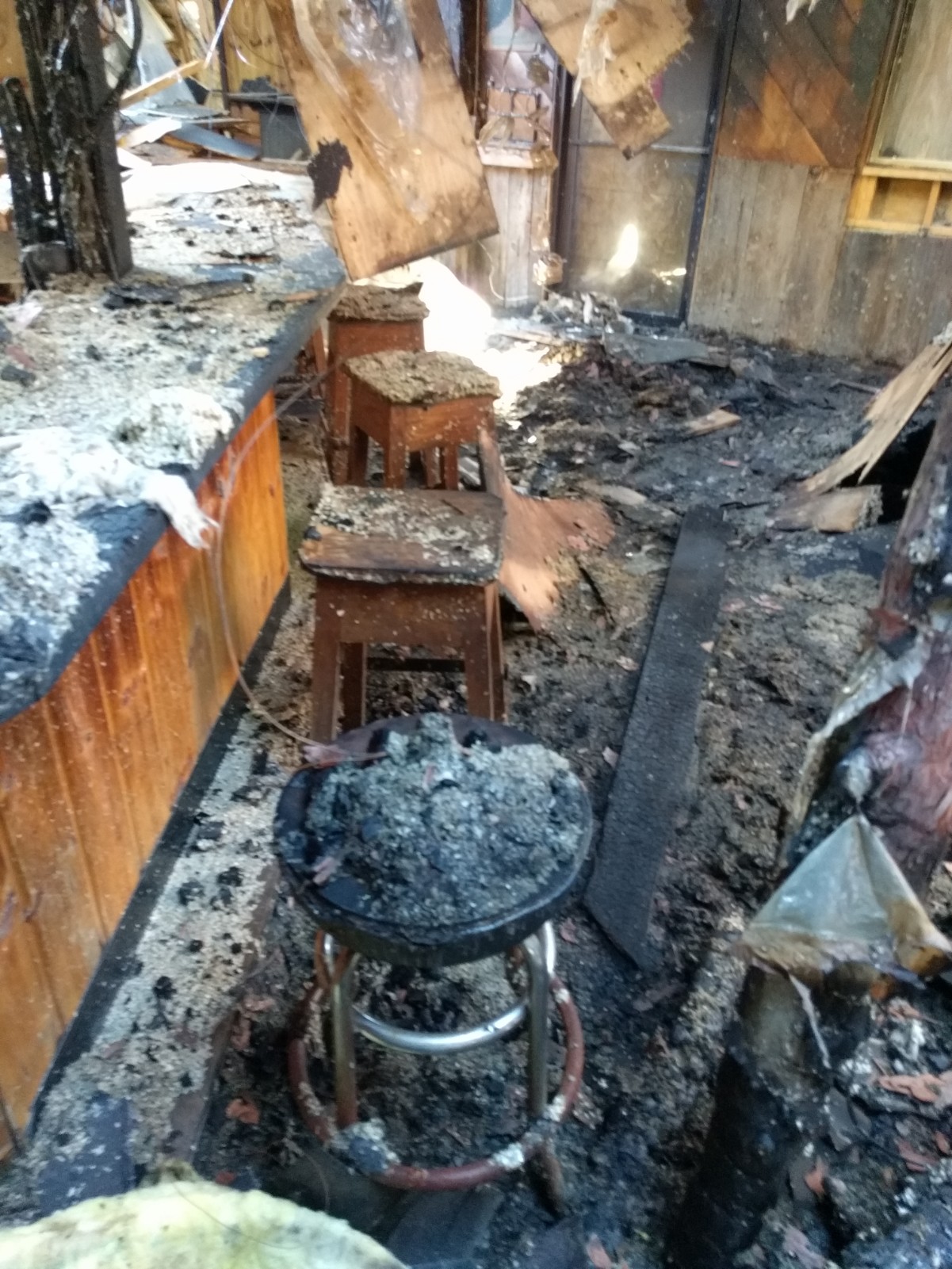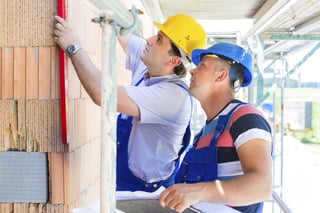
When you notify your insurance carrier of a claim for damages, they will often send out a “preferred contractor,” assuring you that using someone from within their network is the fastest way to restore your home to its original state. It’s also an attempt by your insurer to control costs and possibly prevent you from hiring your own contractor. Most insurance companies have some type of agreement in place where preferred contractors work for a reduced rate in return for the volume of work the insurance company sends them.
While there is nothing inherently wrong with working with an insurance company contractor, you should know that you are not required to do so.
The Choice is Yours
Many homeowners think they are obligated to use the insurance contractor, but it’s ultimately up to you to choose who will handle your repair work. That’s not to say you won’t end up hiring the recommended contractor, but you should do your homework just as you would if you were hiring someone for work that was not related to an insured loss: get referrals and references; talk to other people who have had claims; check out the contractor with your local Better Business Bureau or other websites devoted to rating contractors.
It may be tempting to accept the first insurance contractor sent your way, but you might be better served to see them as a means to understand the scope and potential cost of your repairs. In any event, you should also speak with one or two independent contractors.
Understand the Process
The insurance company adjuster is not your general contractor, so don’t expect her or him to fill this role. You’ll need to have a clear understanding of the adjusting process, what your coverage provides, and the proper procedures to starting the work and getting reimbursed. A public adjuster is a smart option you may want to consider, as he or she can also work as your advocate in getting the maximum payout your insurance policy promises.
A quick way to tell the difference in contractors is by the language they use. An insurance contractor may say, “We need to talk to the claims adjuster and get permission on that,” while an independent contractor will say, “I can work with your insured on that.”
Miller Public Adjusters proudly serves policyholders in
Wisconsin - Illinois - Indiana - Michigan - Minnesota - Texas - Florida
Call us 24 hours a day at (866) 443-5167 to schedule an appointment or
please fill out a Free Claim Review to see if we can help.
.png)


